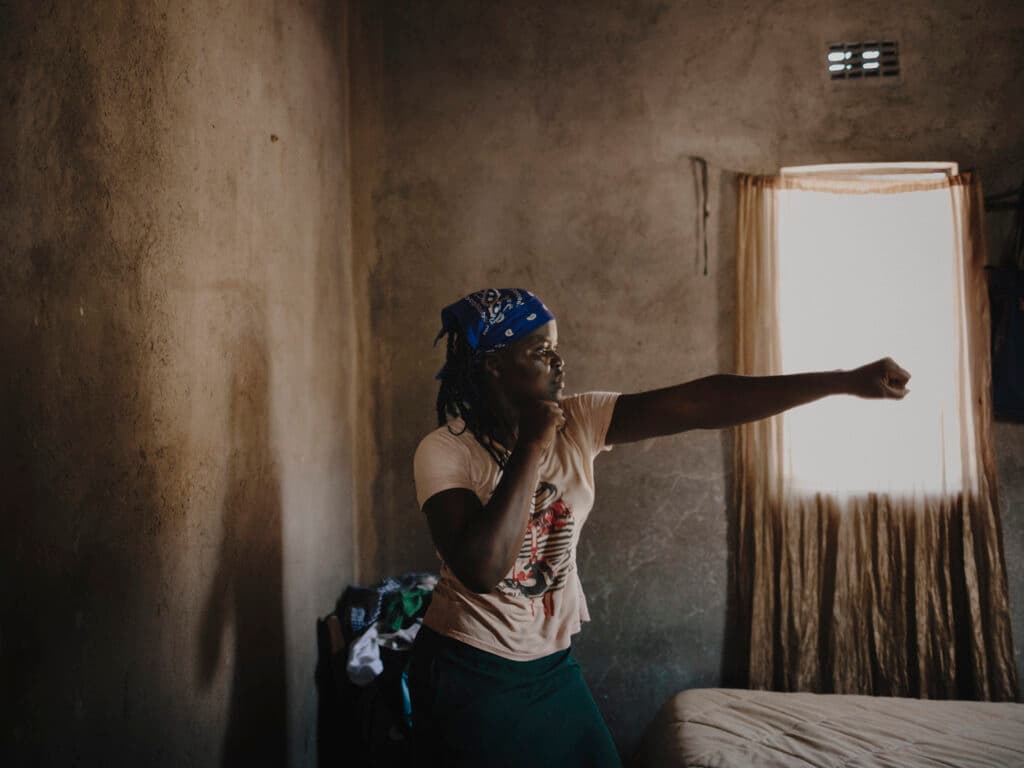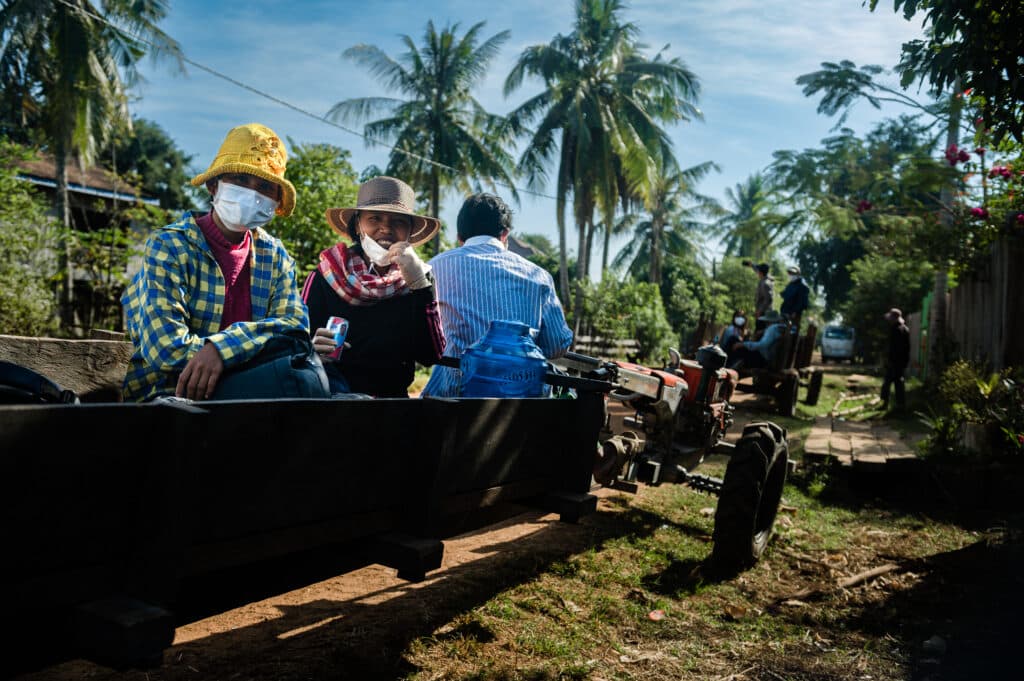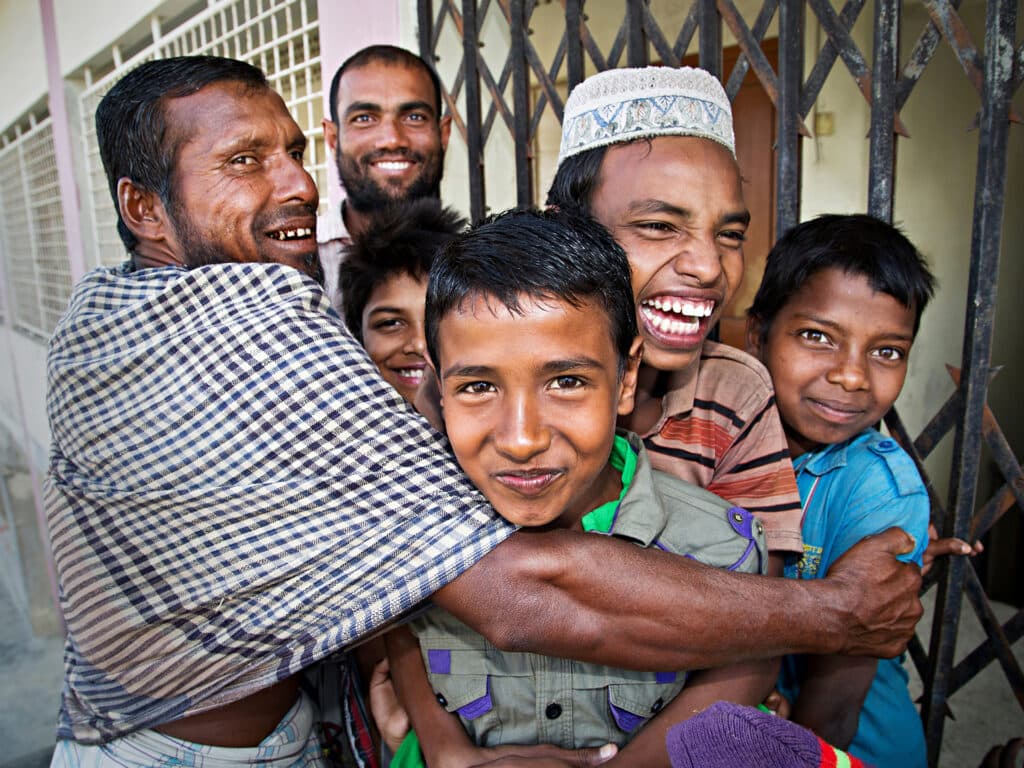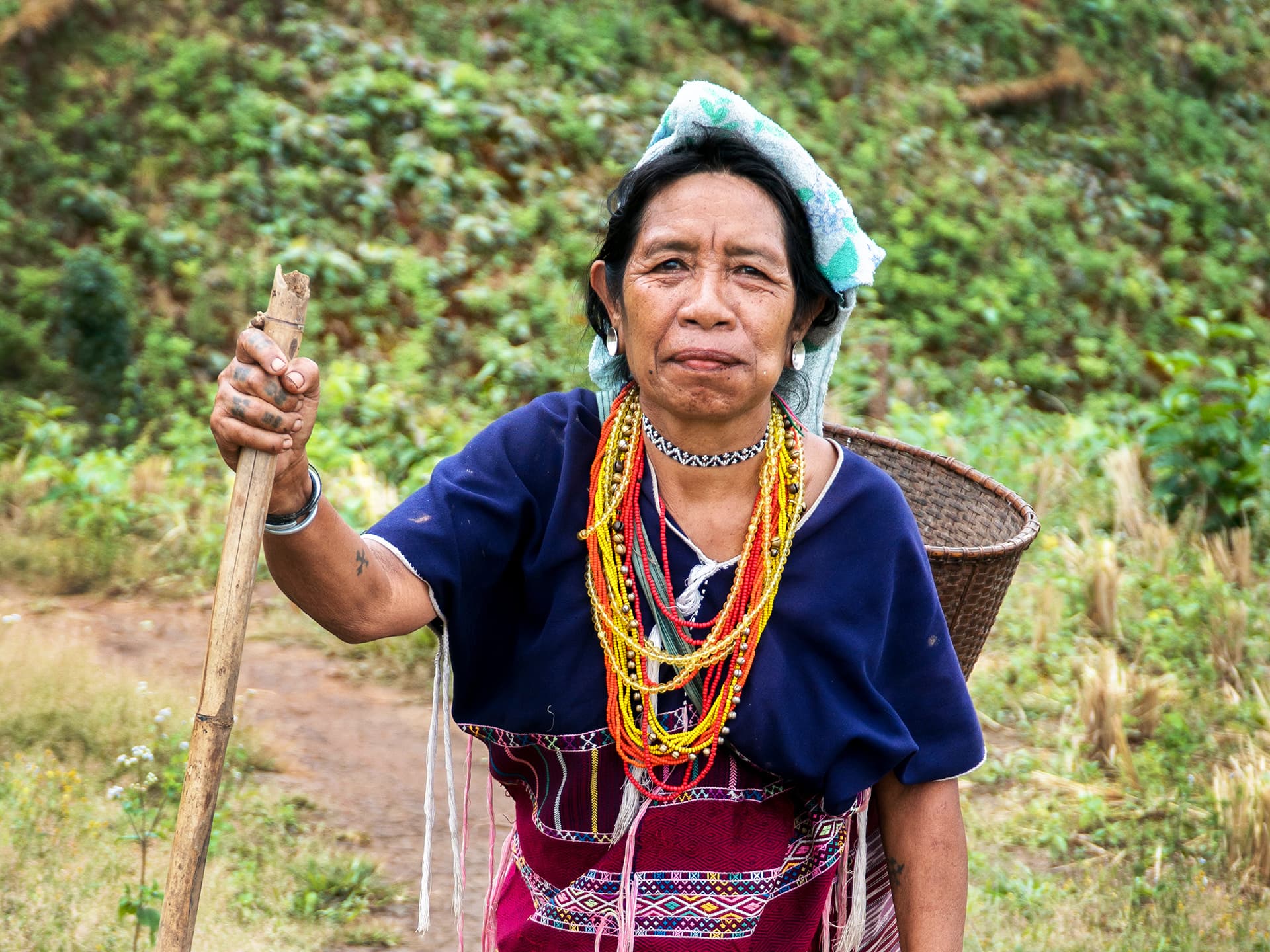
Guiding principles
We believe that there are certain strategies that facilitate change. This is why all of our efforts are analysed in relation to our two guiding principles: Diakonia's Strategy for Change and good donorship and partnership.
Guiding principles
The reason to be for Diakonia is to contribute to the change of unfair power structures and of a culture of discrimination and oppression.
In order to do so, the two Guiding Principles permeate our activities everywhere; the Strategy for Change interlinked with the Rights Based Approach (RBA); and the Good Donorship and Partnership.
Strategy for Change and Rights Based Approach
Based on many years of experience in the countries where Diakonia works, we have identified three components that normally are present in change processes. Those components are a way of putting the RBA into practice, as they need to be permeated by an intersectional power analysis and promote non-discrimination and effective participation, be based on the United Nation human rights conventions, and demand accountability and transparency from duty bearers. The Strategy for Change also allows Diakonia to describe and assess the complex change processes that partners and Diakonia promote and support.
The three components of the Strategy for Change are:
- Knowledge and raising awareness
- Organization
- Mobilization and advocacy work
Empowered rights holders normally get together and mobilize based on the analysis of their living conditions or unfair circumstances and work to directly influence their own situation and decision-making processes that influence their lives.
The components of the Strategy for Change do not occur necessarily in a set order and they often overlap each other. For example, in some contexts, the organization surrounding income generating activities may lead to economic empowerment, that serves as an entry point for rights holders becoming aware of their rights and thus taking further steps towards political empowerment.
The creativity and self-esteem that result from such empowerment processes lay the foundation for democracy and sustainable development.
Good donorship and partnership
This is how Diakonia strives to work in a development effective way, taking seriously the ambition to establish long-term partnerships, based on shared values and problem analysis; respect, an open and frank political dialogue and mutual learning, and the building of confidence with our partners.
As a donor Diakonia endorses the principles of alignment and harmonisation, where donors should coordinate their requirements, capacity building and templates and align to partners’ own systems; process-oriented support with priority given to core funding; and transparency and mutual accountability.
The fulfilment of these commitments contributes to our partners' development effectiveness, and encompasses work on political, economic, social and cultural structures that hinder sustainable development.
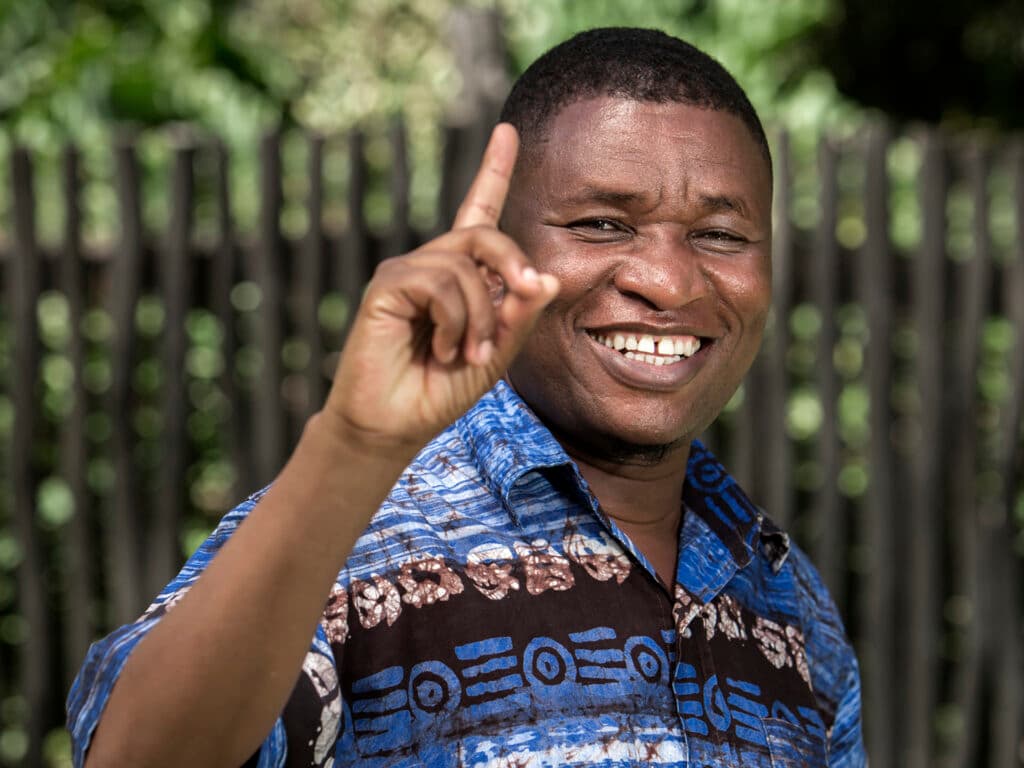
Rights perspective and qualitative participation
Poverty deprives people of the chance to determine and shape their own lives. Thus, the active and qualitative participation of rights holders and the possibility to demand accountability from duty bearers is a theme in all projects supported by Diakonia. One example is PACJA, headed by Mithika Mwenda. PACJA is a climate network that incorporates more than 500 organizations all over Africa to tackle climate change. It is an important advocate both in Africa and globally.
